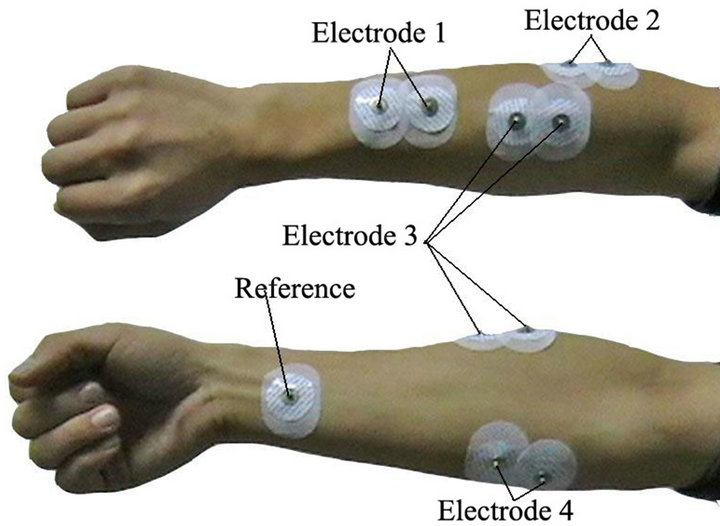|
With rapid advancements in technology, the field of robotics has witnessed significant progress in recent years. One fascinating development in this domain is the creation of humanoid assistants, which are revolutionizing the way we interact with technology. These human-like robots have the potential to assist us in various tasks and roles, ranging from household chores to customer service. Humanoid assistants are designed to resemble the human form, enabling them to navigate and interact with the world around them more naturally. Equipped with a combination of sensors, actuators, and artificial intelligence (AI), these robots possess capabilities that allow them to perceive and understand their surroundings. They can process visual and auditory inputs, recognize objects and faces, and even engage in basic conversations. One major application of humanoid assistants is in healthcare. These robots can assist medical professionals in tasks such as patient monitoring, medication reminders, and physical therapy. With their ability to perform repetitive tasks with precision and consistency, they can alleviate the burden on healthcare workers and enhance patient care. Moreover, humanoid assistants can provide companionship and emotional support to patients, particularly in cases where human presence may be limited. In addition to healthcare, humanoid assistants have found applications in the hospitality industry. Hotels and restaurants are increasingly adopting humanoid robots to greet guests, provide information about services and facilities, and even deliver meals to rooms. These robots offer a unique and futuristic experience for customers, enhancing their overall satisfaction. Furthermore, humanoid assistants can work collaboratively with human staff, freeing them up to focus on more complex or specialized tasks. Another area where humanoid assistants are making an impact is education. These robots can serve as interactive tutors, helping students with their studies and providing personalized learning experiences. By adapting to individual learning styles and pace, humanoid assistants can offer tailored guidance and support. They can also assist teachers in managing classrooms by facilitating attendance and monitoring student engagement. Despite the numerous benefits humanoid assistants bring, there are also ethical and societal considerations to be addressed. As these robots become more integrated into our daily lives, questions arise regarding privacy, data security, and the potential impact on employment. Striking a balance between technological advancement and ethical concerns is crucial to ensure the responsible deployment of humanoid assistants. In conclusion, humanoid assistants represent an exciting frontier in robotics technology. Their human-like appearance and advanced capabilities enable them to assist us in various domains, including healthcare, hospitality, and education. While there are challenges to overcome, the potential benefits are immense. As technology continues to evolve, humanoid assistants have the potential to transform the way we interact with technology and improve our quality of life.  |
